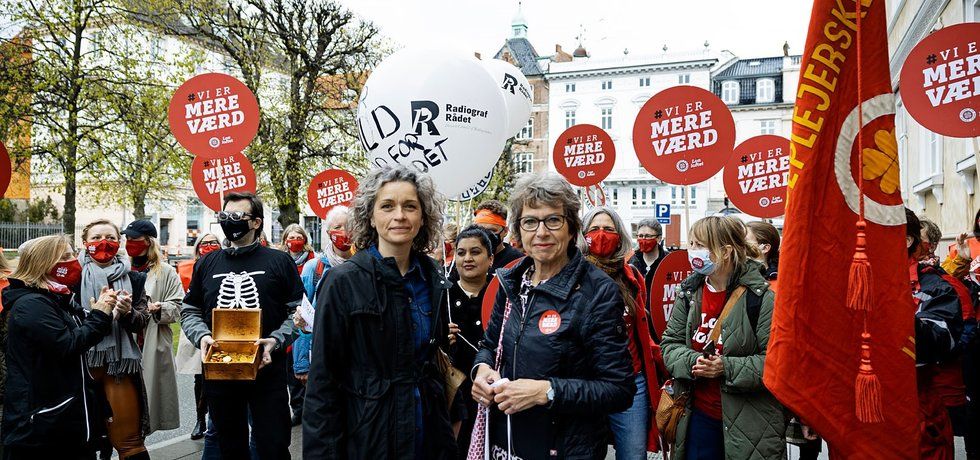The union representing nurses in Denmark, Dansk Sygeplejeråd (DSR), reached an accord with local government organisation KL four weeks ago in regards to a wage agreement.
But now, a considerable majority (over 65 percent) of the nurses have voted against the agreement, opening the door for an imminent strike involving around 5,000 nurses.
Should a new agreement not be reached by Friday night, hospitals across the country will face strikes.
The disgruntled nurses are unhappy about a proposed 5 percent wage increase over the next three years.
Check out the hospitals which will be impacted on the map in this TV2 story.
READ ALSO: Nursing a grudge: Potential strike could hamper health services
Roots from 1969
Earlier this year, DSR launched the campaign ‘#Lønløftet’ to drum up political support to improve the wage hierarchy of nurses in the public sector.
As part of the civil service reform (Tjenestemandsreformen) in 1969, the nursing and other female-dominated jobs were placed low in the wage hierarchy.
Nurses, social workers, midwives and pedagogues – jobs traditionally dominated by women – were at the bottom of the public sector wage scale.
And the length of social and medical educations have also changed significantly compared to 50 years ago.
For instance, it takes 6.5 years to become a pedagogue, but that lengthy education is not reflected in their position on the wage scale.
Meanwhile, jobs that are traditionally dominated by men, like police officers, doctors and locomotive drivers, rank well compared to how long their education takes.
The issue of the 1969 Tjenestemandsreformen is gaining momentum in the halls of Parliament, with both Dansk Folkeparti and Radikale calling for a change.












